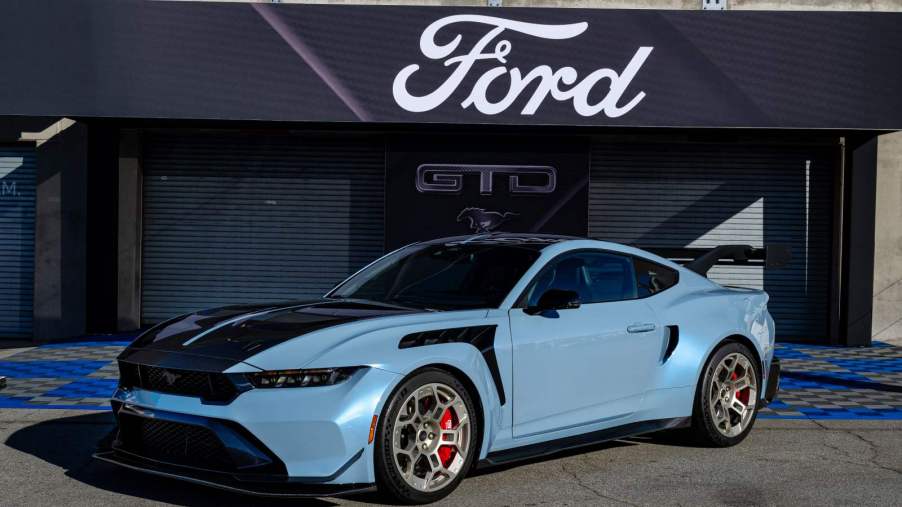
3 things to consider before buying cars with dual-clutch transmissions
People looking for the best new cars have several options regarding the mechanics behind them. This is especially the case when it comes to transmissions. One popular option for drivers is the dual-clutch transmission, which many say is the best of both worlds. However, some wonder if this option has more transmission problems and if the DCT has any significant drawbacks.
Here are three things to consider before buying a car with a DCT.
What is a dual-clutch transmission?
Many of the best new cars come with a dual-clutch transmission. Despite being common, many drivers may not know what it means to have DCT in their vehicle. Simply, this is an automated manual transmission that combines some of the best of both technologies. This is why many call this type of unit the best of both worlds.
As the name suggests, the dual-clutch transmission has two clutches that work together to operate odd and even gear sets. People like the DCT because it delivers solid fuel economy and better performance. High-performance vehicles often use these transmissions, but all options can have them.
Maintenance on a car with a DCT will cost you
As many can guess, maintaining a car with a dual-clutch transmission is more expensive. Naturally, this is the case if you ever have transmission problems that require replacement or repair. After all, the DCT is a more complex unit than a regular automatic. Naturally, the price depends on several factors, but the cost will be much higher than other transmission types. The difference in cost could also mean cars that use them are more expensive.
However, people buying the best new cars with a DCT may have transmission problems covered by warranties. This means the replacement cost may not be a deal breaker for everyone. It’s also important to note that.
How long will a dual-clutch transmission last?
As with any car part, people considering getting a vehicle with a dual-clutch transmission should consider reliability. Some wonder if the DCT will last as long as other units. Luckily, according to All Things Motoring, this type of transmission is about as reliable as regular automatics. Of course, the lifespan will depend on several factors, including who made the transmission. Still, buyers can generally expect them to last as long as other options under normal conditions.
Fluid contamination
People considering a car with a DCT should be aware of fluid contamination. In most cases, this happens when worn-out material from the clutch gets into the transmission fluid. Some signs of this can include grinding noises and delayed shifting.



